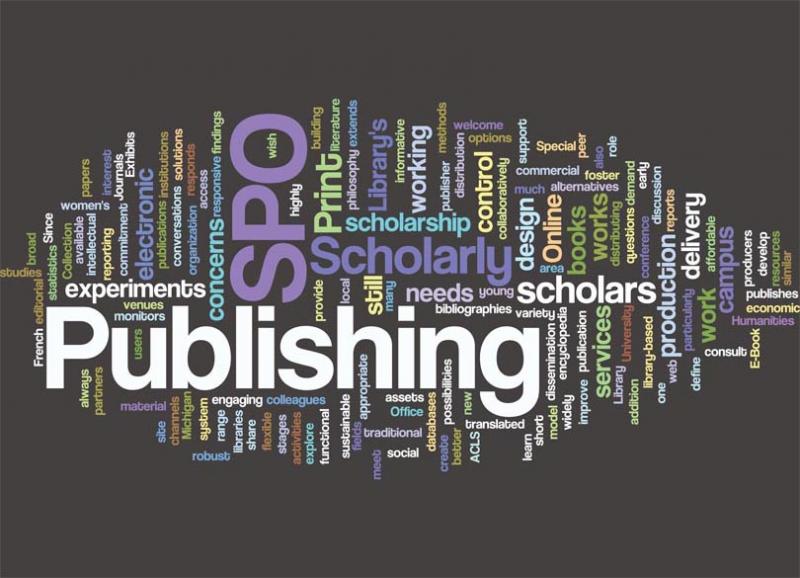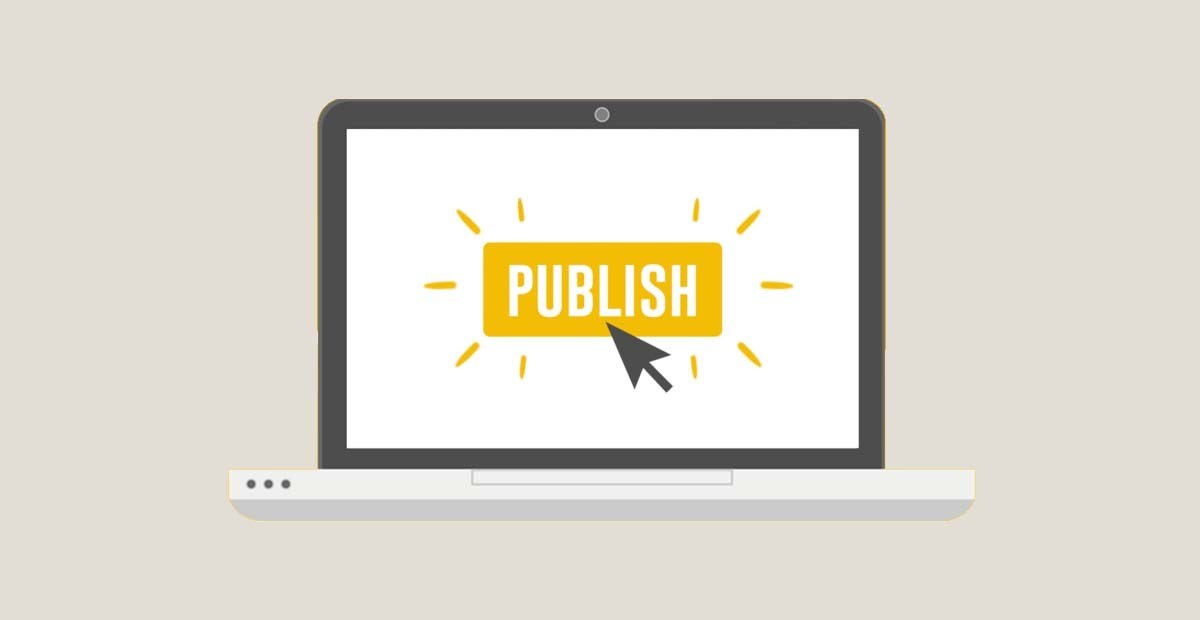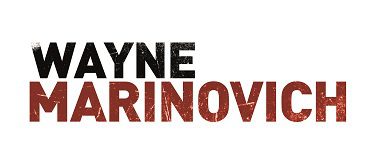What route to market?
Topics
- Self-publish
- Traditional Publishing
- Hybrid
“If you want to change the world, pick up your pen and write” – Martin Luther
What is your route to market? How are you going to be published? How you get published is one of the harder decisions you’ll have to make and one that cannot be made lightly. It pays to do a few months of research on all the routes to market, because all have Pros and Cons, and every writer is different. Finding your path to market is one of the most important decisions you need to make when starting out. Decide as early as you can in your writing process. You don’t want to waste time chasing different types or switching between them too often in your career. It does sound a little like the chicken-and-egg scenario when you are new to the market and must decide what is the best way forward for you. Hopefully, a few of the pointers below can help.
First off, some tough love. Lower your expectations of the results that you’ll achieve and double up your perception of the amount of hard work it’s going to take. That’s the reality check that most writers would pass along to people starting on the journey. Low expectations of success and bloody hard work. If that scares you or you simply don’t want to believe it, then maybe it’s best that you seek other methods of employment if you need a guaranteed salary.

Self-publishing
Or, Indie Publishing depending on who you talk to out there. I like and use both terms equally in articles and social media, but be aware that both still have somewhat of a stigma attached to them, although this is rapidly declining.
People think that because you are not selling through an agent or publishing house, it will mean inferior work. What utter rubbish. There are poorly written books across both publishing routes. I’ve recently not completed a few books from best-selling authors via established publishing houses. I got as far as chapter 9 or 10, further than I usually read, out of some misguided respect before dropping it into the DNF (Did Not Finish) pile.
Get some help
Self-publishing doesn’t mean that you do it alone. I have a team of professionals who I call upon to help get the best product to market that I can. There is nothing wrong with outsourcing some of your activities, in fact, your book will the be better for it. Alongside my cover designer, I have a great editor who helps me get the best manuscript produced. Tip: It is not the editor’s role to rewrite your book and make it great. It is their job to polish what you have produced, in your writing voice. It is your work, not theirs, so, deliver them your best work at all times. Don’t be lazy and expect them to finish it for you. I use an external company to format the book files from Word to ePub, Mobi and PDF simply because it saves me time. Then I employ a wonderful proofreader to go over the final draft with a fine toothcomb, looking for grammar and spelling issues.
Time to market is the main reason I decided on the self-publishing path for my career. I can write my 8-10 drafts, get them professionally edited, beta-read, proofread, formatted and uploaded to the books site in about nine months. I’m also a photographer, so work on other time-consuming projects at the same time.
The downside of indie publishing is that it is harder (or near impossible) to get into the major bricks-and-mortar stores out there because they don’t deal with indie publishers (at the time of writing this anyway).

Traditional Publishing
Many authors are still successfully forging their careers in the traditionally published arena. I don’t see any reason why this is not a viable path for many of you. It is a much longer route to market, often filled with rejection and stress until you get to sign on the dotted line. If your product is good enough and you can force your way through all the hoops that you’ll have to jump through, you’ll get that book deal you seek and see your paperback on the shelves of the high street shops.
For many people, this is the measure of success they seek. Traditional publishing is awesome if you want to chase that dream. It is your choice.
Traditional vs Self-Publishing facts
- Long route to market (chatting to other authors, it’s two to three years if you’re lucky)
- No guarantees of sales or success.
- Both good and bad books are accepted, just as both good and bad books are rejected.
- Nowadays publishers are expecting authors to do more and more of the promotion activities. This will be on the back of smaller and smaller advances which isn’t great. While this may sound daunting, this traditional route into bricks-and-mortar bookshops is still unrivalled.
- You’ll need to spend a long time getting an agent first, and then more time finding a publisher. All his can add years before you get your book in front of readers.
- There are several people in-between you and the reader who buys your work. All will need to take a cut of your royalty. Agents, publishers, printer, warehousing and distribution, and finally the hefty chunk to the retailer who needs to cover the cost of shelf space.
- Your book has a much shorter time to sell successfully in the shops. If it fails, it gets returned and pulped. This is another reason I self-publish. Slow burners get the time to climb the rankings.

Hybrid Publishing
This is simply the mixture of both routes above and very popular with established authors. I have to be frank and say that I would look at this option if the occasion arose. Hybrid publishing happens when certain aspects of your publishing are handled by a publisher and others you do yourself.
You may sign a book deal for print rights of your novel but retain the digital rights to publish by yourself. Or, you could negotiate a print run in a certain country with a particular publishing house, and have another that covers the rest of the world. You may retain your digital market but sign a print book deal to get into bookstores with a certain bookshop franchise. Again, you need to be pretty established before any publisher will take a risk on a split in rights.
Hopefully, this article will help with your choice of which route you need to focus on to get your work out there.
Further Reading
Re-read the first page in the Publishing Tip series – Part 1 – Get the perfect book cover
Or, move onto the third page – Part 3 – Get it read before you publish
Please click on the button below if you want to receive my newsletter with tips, book release updates and FREE sign-up gifts










